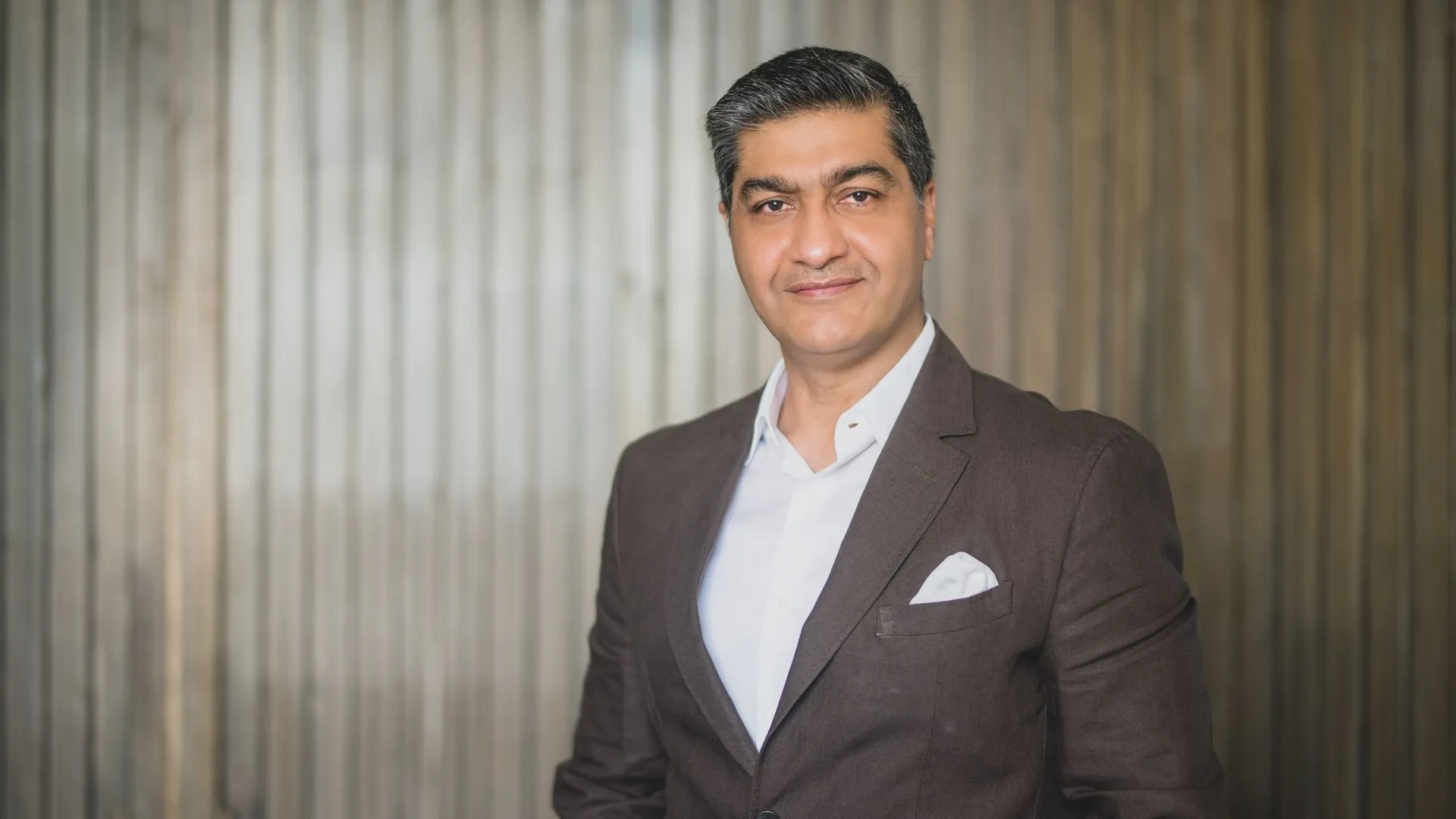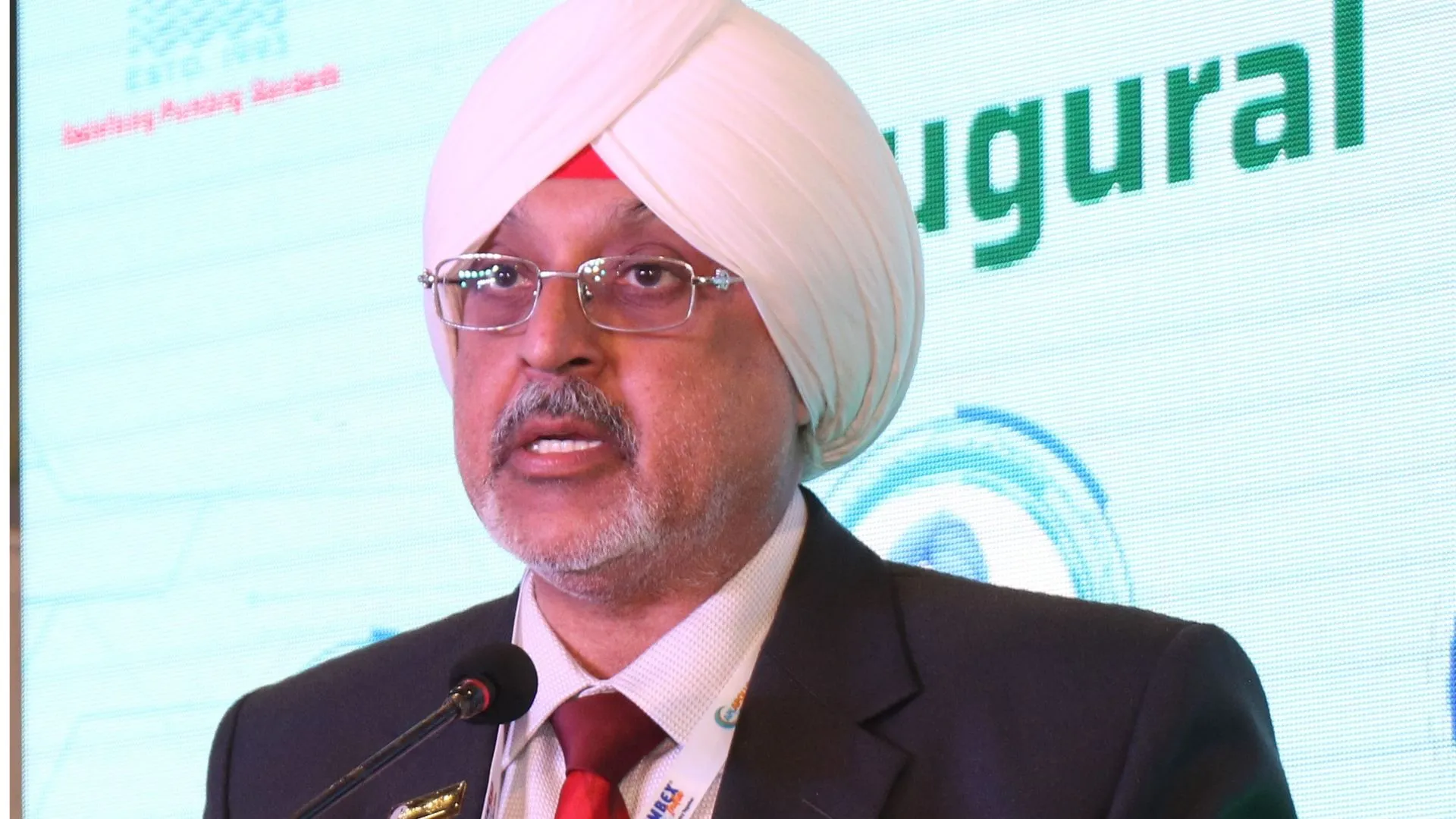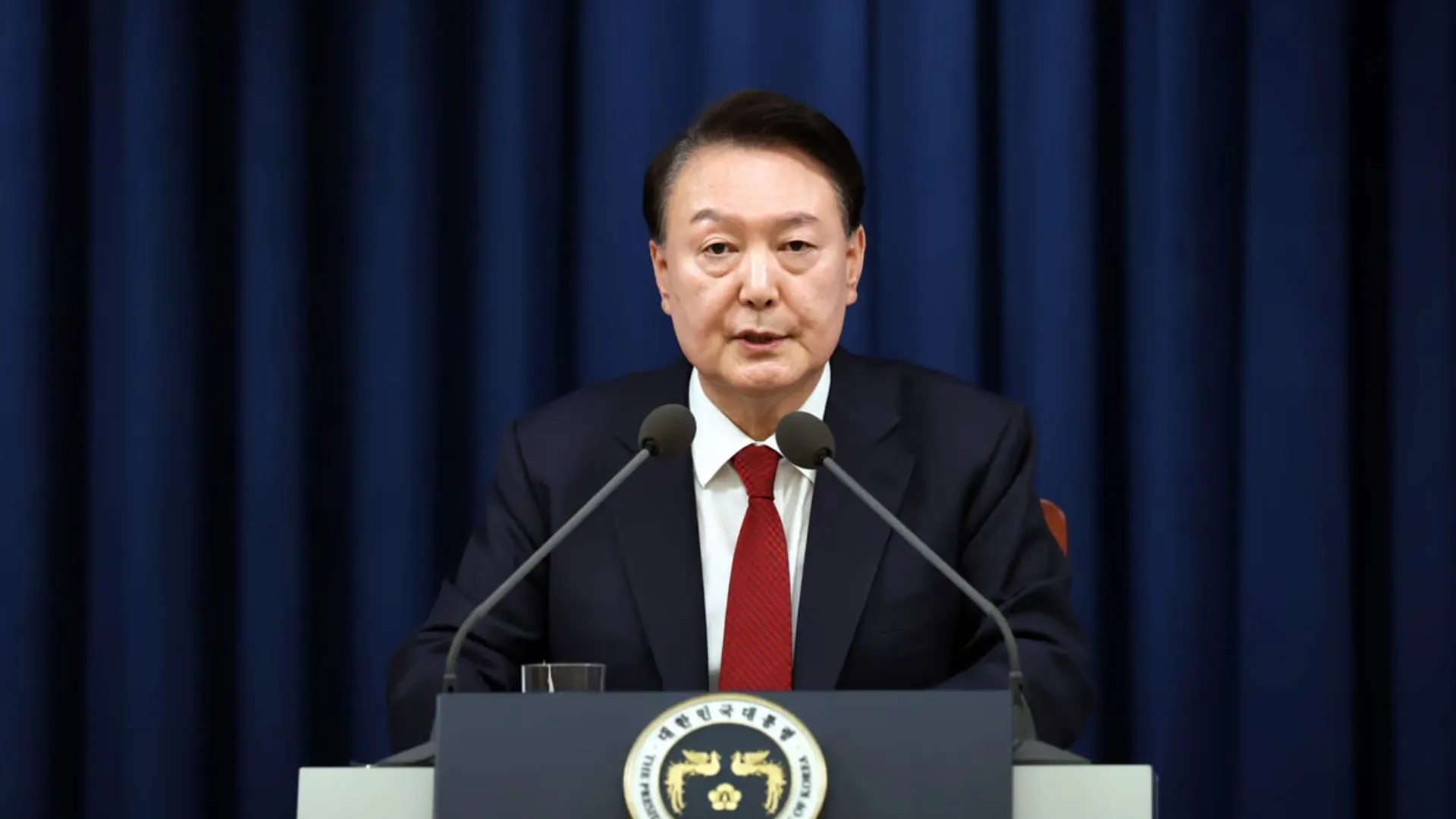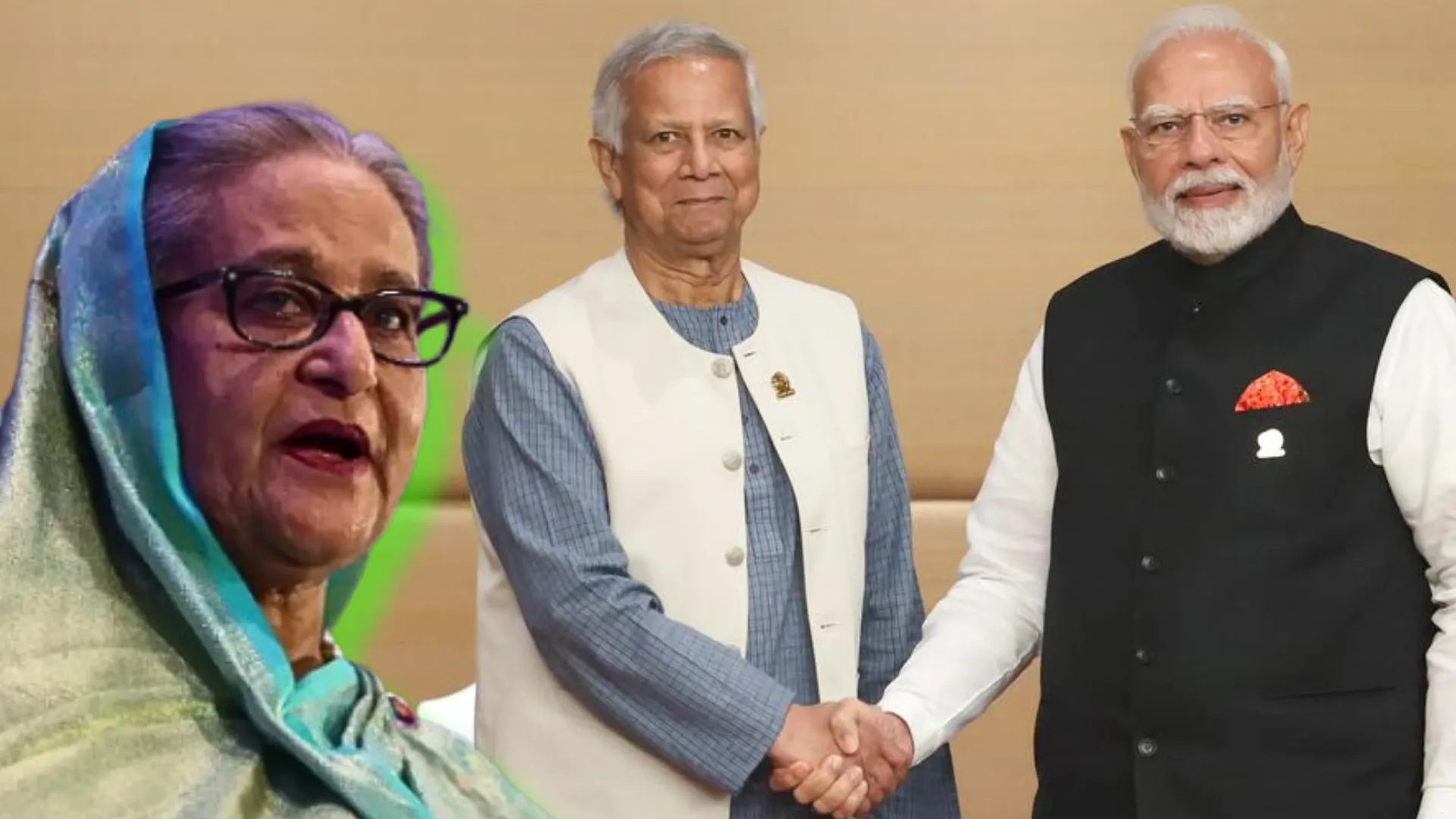The “pause” is a switch to start.” It does not mean inaction; it helps you recharge energy before setting yourself into action. Some years before, I became fascinated by discovering what it means to “pause.” I was the country head HR of a multinational of repute and attended an offsite with our visiting APAC CEO and our India leadership team to discuss and finalise the business plan for the next year. We all gathered at the venue a day before the programme, mostly to brainstorm before our next morning meeting. It was quite late, and most of us were tired and hungry by the time we finished our conversations. While waiting for our dinner to be served, I noticed one of my colleagues was constantly on the phone and checking with her team members individually on how their preparation was going for another upcoming meeting scheduled in 5 days! Not knowing the urgency of those calls at that late hour, I went ahead and asked: “If I may ask, what makes you call the team now? You may call them tomorrow morning before our meeting starts at 11 a.m. “No, you don’t know; until I keep checking on them constantly, they don’t work!” She sounded exasperated. “Are they still working? Maybe a pause and rest now will help them come back with fresh ideas and renewed energy tomorrow morning. They can retain more of your suggestions if you call then.” I recommended.
She smiled and resumed calling the next person.
As I progressed in my life and career, I had the opportunity to work with and interview hundreds of leaders, and with very rare exceptions, they complained about work-life balance throughout. While organisations innovate and hope to implement various work-life balance initiatives, we must learn to “pause” more to fully implement the changes. “Pausing means a waste of time,” one of my colleagues was straightforward during a discussion, “and time is money.” If you believe in this way of life and are worried about the cost of pausing, think about the cost of not pausing as well. What about the perspectives you miss, the conversations you overlook, the ideas you do without, and the growth opportunities you let go of?
My husband bought a webcam recently and struggled to fix it with his laptop. Failing repeatedly made him think that the product might be defective, and he decided to return itde him think that the product might be defective, and he decided to return it. He called me to check for the last time, and I suggested leaving it like that and trying again the next morning. He was unsure what change it would bring tomorrow morning but agreed to do so, as I insisted. The next day, once I woke up after him, I found him looking exceptionally happy. “You know, I could fix the camera!” “What did you do?” I asked with a smile. “I observed it closely with a fresh mind and realised I was not attaching it correctly. I did it today effortlessly!” He corrected his approach and succeeded just by briefly pausing his continuous attempts. The “pause” is a switch to start.” It does not mean inaction; it helps you recharge energy before setting yourself into action.
If you are with me, I invite you to experience the power of pause right now, right here. Get a cup of tea or coffee of your choice and indulge yourself in enjoying the gratifying taste of it without busting up your brain for the next work activity. Smell the coffee and your surroundings, listen to small things like the twitter of a bird, and look at things happening around you. These experiences will nourish your mind and allow refreshing thoughts to come in.
Pace is important; it always will be. But next time you catch yourself overdoing it, enable your “Power of Pause”. A frequent practise will help you improve your performance in whatever area of life you want.
Author is Life & Transitional Coach, Transformation and Success Influencer






















